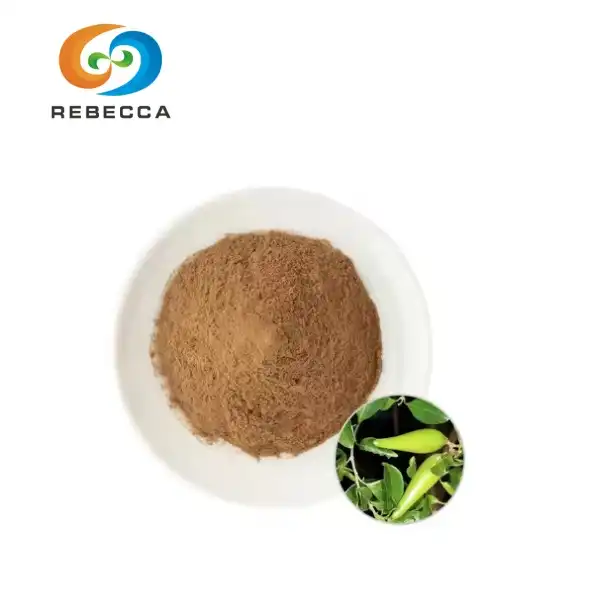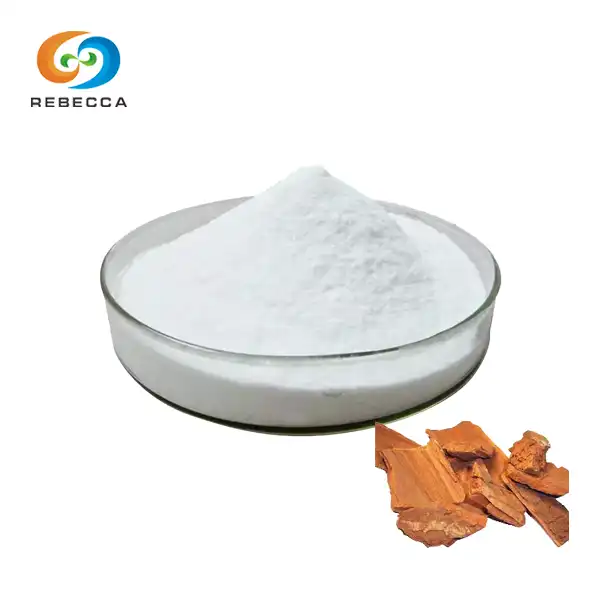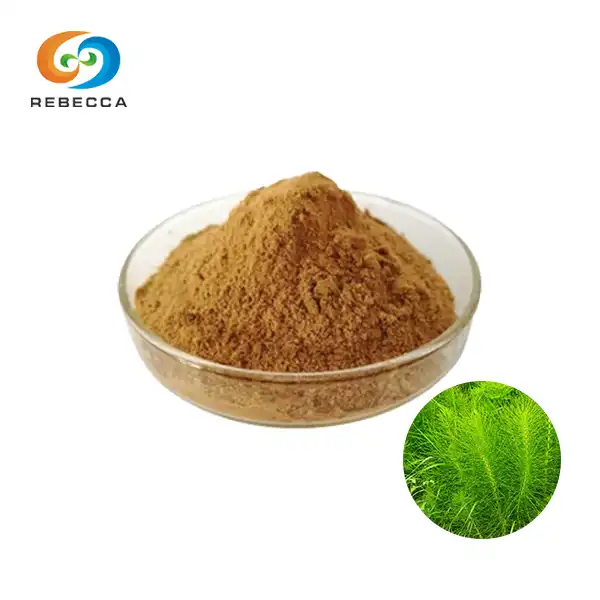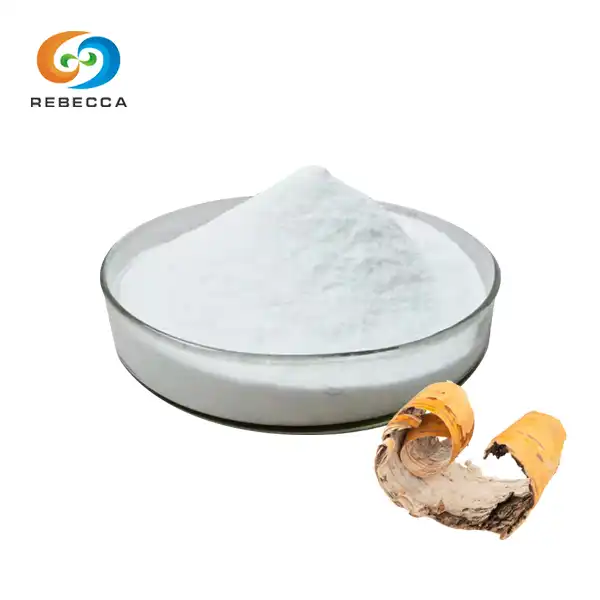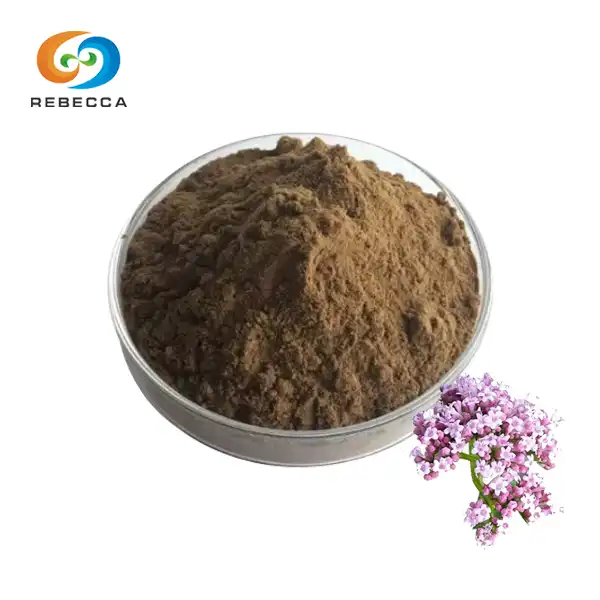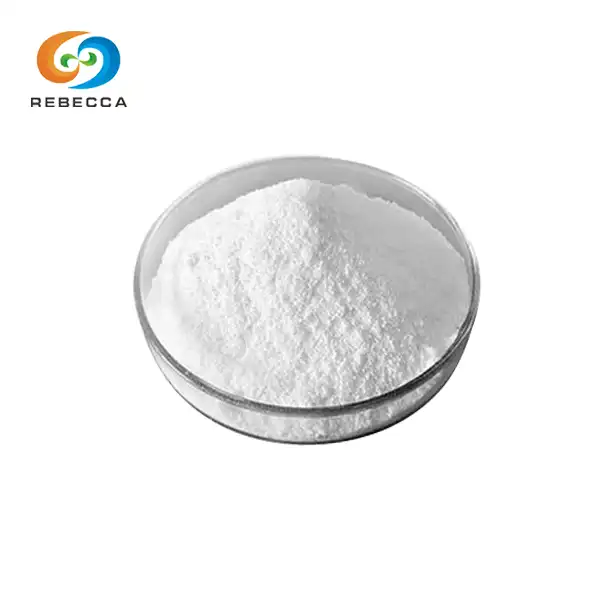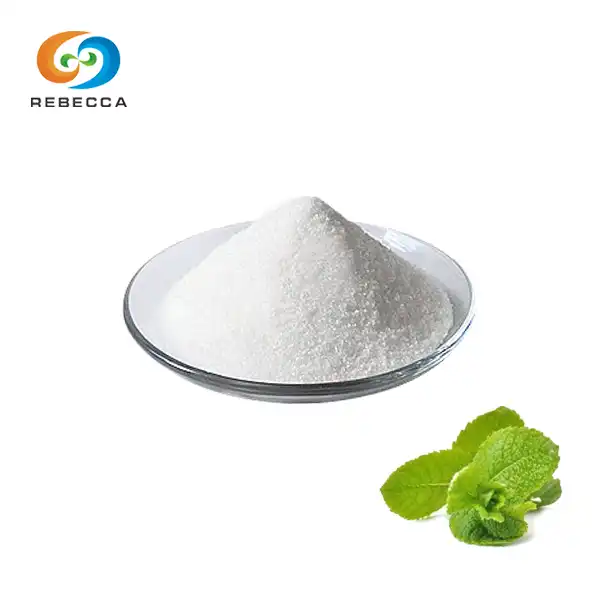Is pure creatine monohydrate powder safe?
Creatine monohydrate has become one of the most popular and widely researched sports supplements in the fitness world. As more athletes and fitness enthusiasts turn to this compound to enhance their performance and muscle growth, questions about its safety naturally arise. In this comprehensive guide, we'll explore the safety profile of pure creatine monohydrate powder, address common concerns, and provide tips for safe consumption.
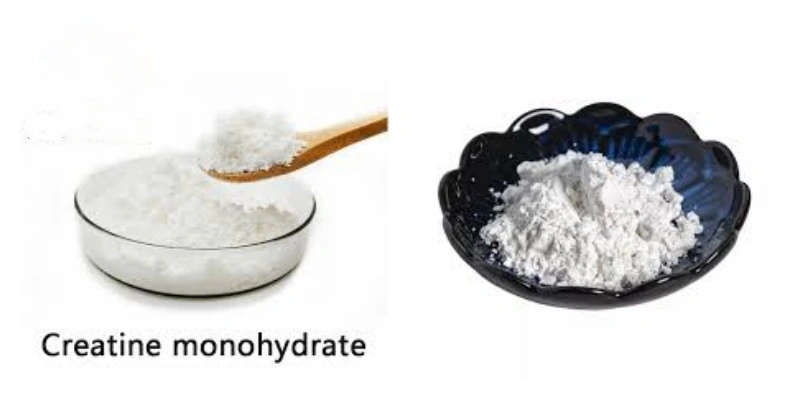
Addressing Common Concerns About Creatine Monohydrate Safety
When it comes to any supplement, safety is paramount. Creatine monohydrate pure powder has been the subject of numerous studies, and the consensus among researchers is that it is generally safe for most people when used as directed. However, it's essential to address some of the common concerns and misconceptions surrounding this popular supplement.
One of the primary concerns is the potential for kidney damage. This worry stems from the fact that creatine is metabolized into creatinine, which is often used as a marker for kidney function. However, research has consistently shown that creatine supplementation does not adversely affect kidney function in healthy individuals. A comprehensive review published in the Journal of the International Society of Sports Nutrition concluded that there is no scientific evidence to suggest that short or long-term use of creatine monohydrate has any detrimental effects on the kidneys of healthy individuals when used in recommended amounts.
Another common concern is dehydration. Some people worry that creatine might cause dehydration due to its ability to draw water into muscle cells. However, studies have shown that creatine does not negatively impact hydration status or thermoregulation. In fact, some research suggests that creatine might even have a slight protective effect against dehydration during intense exercise in hot conditions.
Weight gain is another frequently cited concern. While it's true that creatine supplementation often leads to a rapid increase in body weight, this is primarily due to increased water retention in muscle tissue. This effect is temporary and does not represent fat gain. In fact, creatine can aid in lean muscle mass development when combined with proper resistance training.
Lastly, some individuals worry about the potential for digestive issues. While some people may experience mild gastrointestinal discomfort when first starting creatine supplementation, these effects are typically short-lived and can often be mitigated by adjusting the dosage or taking creatine with meals.

Tips for Safe Consumption of Creatine Monohydrate Powder
To ensure the safe and effective use of pure creatine monohydrate powder, consider the following tips:
1. Start with the recommended dosage: The typical maintenance dose of creatine is 3-5 grams per day. Some people choose to start with a "loading phase" of 20 grams per day for 5-7 days, followed by the maintenance dose. However, research suggests that the loading phase isn't necessary and that you can achieve the same benefits by consistently taking the maintenance dose.
2. Stay hydrated: While creatine doesn't cause dehydration, it's still important to maintain adequate hydration, especially when exercising. Aim to drink plenty of water throughout the day.
3. Take with food: Some people find that taking creatine with meals helps reduce any potential gastrointestinal discomfort.
4. Be consistent: Creatine works best when taken consistently. Try to take it at the same time each day to establish a routine.
5. Combine with resistance training: Creatine's benefits are most pronounced when combined with regular resistance training. It's not a magic powder that will build muscle on its own.
6. Choose a reputable brand: Ensure you're purchasing pure creatine monohydrate powder from a trusted manufacturer that follows good manufacturing practices.
7. Consult with a healthcare professional: If you have any pre-existing health conditions or are taking medications, it's always wise to consult with a healthcare professional before starting any new supplement regimen.
8. Be patient: The effects of creatine are not immediate. It typically takes several weeks of consistent use to see noticeable benefits.

The Role of Purity and Quality in Ensuring Safety
When it comes to the safety and efficacy of creatine monohydrate, the purity and quality of the product play a crucial role. Pure creatine monohydrate powder should contain only creatine monohydrate, without any additional ingredients or fillers.
The manufacturing process of creatine is complex, and impurities can potentially be introduced at various stages. These impurities, if present, could potentially cause adverse effects or reduce the effectiveness of the supplement. Therefore, it's crucial to choose a high-quality, pure creatine monohydrate powder from a reputable manufacturer.
Look for products that have been third-party tested for purity and potency. Some manufacturers provide certificates of analysis, which can give you confidence in the quality of the product you're purchasing. Additionally, choose products that are manufactured in facilities that follow Good Manufacturing Practices (GMP) as set by the FDA.
It's worth noting that more expensive doesn't always mean better quality when it comes to creatine. Pure creatine monohydrate is a relatively inexpensive compound, and fancy packaging or marketing claims don't necessarily indicate a superior product. What matters most is the purity and quality of the creatine itself.
Some manufacturers may offer "advanced" or "superior" forms of creatine, claiming better absorption or effectiveness. However, research consistently shows that standard creatine monohydrate is just as effective (if not more so) than these alternative forms, and it has the most extensive body of research supporting its safety and efficacy.
When choosing a creatine supplement, also consider the form. While creatine is available in various forms such as pills, liquids, and powders, the powder form is generally considered the most effective and economical. It allows for easy dose adjustment and typically has better stability compared to liquid forms.

Best Pure Creatine Monohydrate
In conclusion, pure creatine monohydrate powder is generally considered safe for most individuals when used as directed. Its extensive research backing, coupled with decades of use by athletes and fitness enthusiasts, provides a strong foundation for its safety profile. However, as with any supplement, it's crucial to use it responsibly, stay informed about potential side effects, and consult with a healthcare professional if you have any concerns.
Are you in search of a top-tier pure creatine monohydrate powder? Look no further than Rebecca Bio-Tech, a professional manufacturer and supplier renowned for our meticulous attention to detail. We take pride in crafting our creatine from premium ingredients, ensuring it meets the highest standards of purity and quality. This dedication results in a product that's exceptionally effective for enhancing muscle performance and aiding recovery. Interested in experiencing the benefits for yourself? We offer free samples and MSDS documents upon request. Get in touch with us at information@sxrebecca.com to place your order or inquire further.
References:
[1] Kreider, R.B., Kalman, D.S., Antonio, J. et al. International Society of Sports Nutrition position stand: safety and efficacy of creatine supplementation in exercise, sport, and medicine. J Int Soc Sports Nutr 14, 18 (2017).
[2] Lopez, R.M., Casa, D.J., McDermott, B.P. et al. Does creatine supplementation hinder exercise heat tolerance or hydration status? A systematic review with meta-analyses. J Athl Train. 2009;44(2):215-223.
[3] Antonio J, Ciccone V. The effects of pre versus post workout supplementation of creatine monohydrate on body composition and strength. J Int Soc Sports Nutr. 2013;10:36.
[4] Hultman E, Söderlund K, Timmons JA, Cederblad G, Greenhaff PL. Muscle creatine loading in men. J Appl Physiol. 1996;81(1):232-237.
[5] Jäger R, Purpura M, Shao A, Inoue T, Kreider RB. Analysis of the efficacy, safety, and regulatory status of novel forms of creatine. Amino Acids. 2011;40(5):1369-1383.
